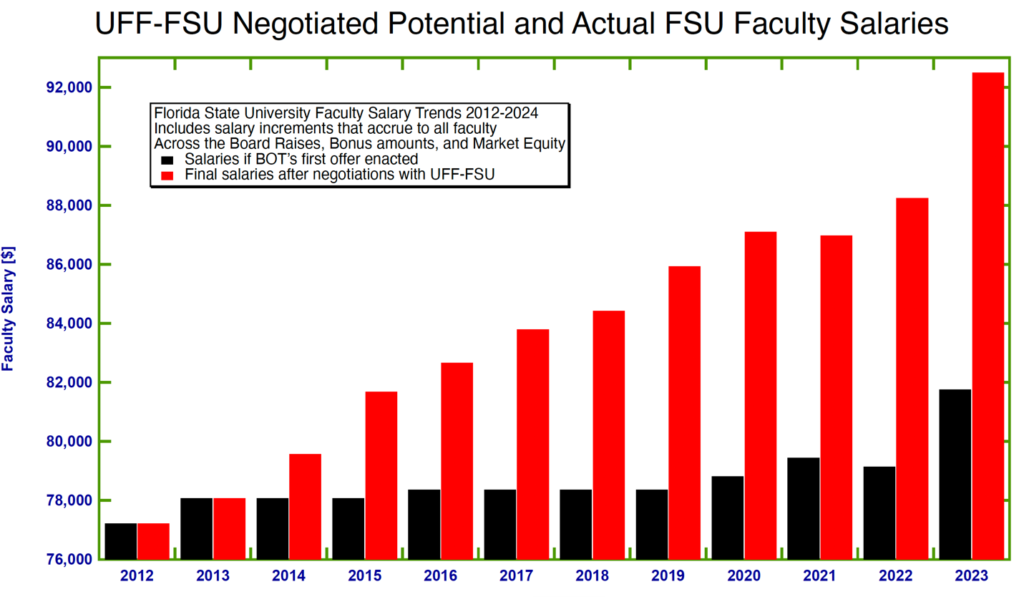The AAUP Report regarding the impact of Florida’s political interference is now available.
Below are selected quotes.
There is a tremendous sense of dread right now, not just among faculty; it’s tangible among students and staff as well.
We are tired of being demonized by our government. Many of us are looking to leave Florida, and if we don’t, we will leave academia, and nobody wants our jobs.
Senate Bill 520 … creates a Florida sunshine law exemption for personal identifying information of candidates for state university presidencies
Charging that accrediting agencies have an “inordinate amount of power,” Governor DeSantis signed a bill, SB 7044, on April 19, 2022, that requires public colleges and universities in the state to change accreditors at the end of each accreditation cycle, a process that can take as long as ten years.
… the political interference in classroom teaching that began in 2021 is unprecedented in its sweep and ambition in both the state and the nation, with a frightening potential impact on the academic freedom of faculty members.
Post tenure review … although board representatives claimed that no one would be fired without being granted the opportunity to first complete a performance-improvement plan, the policy clearly permits immediate dismissal upon receipt of an “unsatisfactory” rating.
Governor DeSantis signed SB 256, a measure aimed at limiting union power.83 Under the law, government employees, including university faculty, may no longer have their union dues deducted from their paychecks. Union members must now take extra steps to set up payment plans to remain up to date. Additionally, as of October, public employee unions must share data with the state about how many of their members have paid dues in the most recent membership renewal cycle. If a union does not cross a threshold of at least 60 percent of dues-paying members, the union will be decertified.
These past events provide context for what has become a central thrust of the reactionary assault on learning in Florida (and nationwide): the move to eliminate programs aimed at promoting diversity, equity, and inclusion (DEI) at colleges and universities.
The unprecedented takeover of New College of Florida and the imposition at that institution of an aggressively ideological and politically motivated agenda, marked by improper denials of tenure and a faculty member’s dismissal without due process, stands as one of the most egregious and extensive violations of AAUP principles and standards at a single institution in recent memory.




